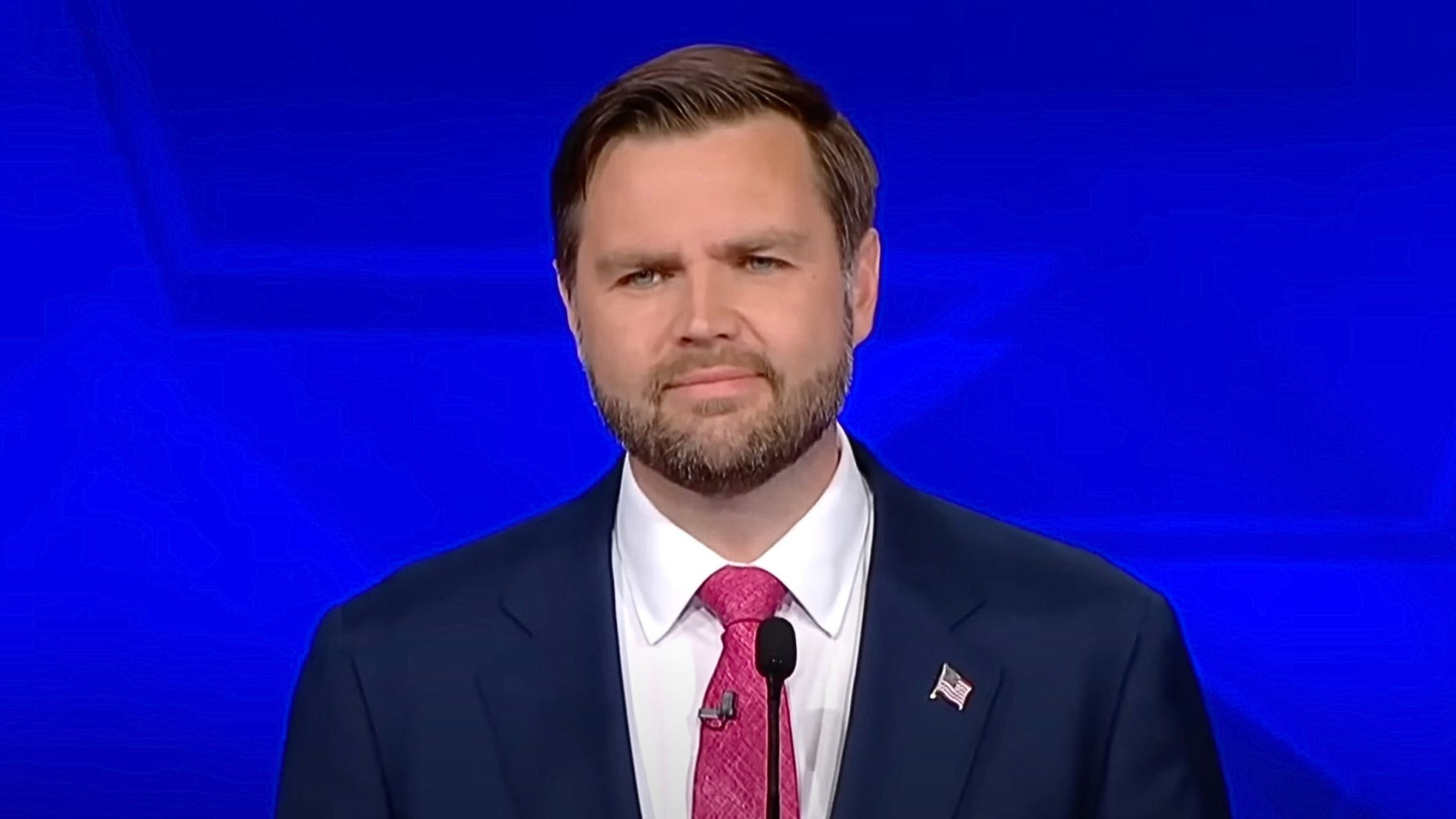Poynter Institute’s PolitiFact, a Meta fact-checking partner, has decided that the Biden-Harris administration is not engaged in censorship at an industrial scale.
This claim made by vice presidential candidate J.D. Vance is false, PolitiFact has asserted, because the Biden-Harris White House “contacting” (according to Meta CEO Mark Zuckerberg, they were contacted to be pressured) social media companies to flag content for removal “didn’t cross the line into coercion.”
Not only that but pressuring these companies (yet allegedly never coercing) to censor online speech is not a threat to democracy, PolitiFact was told by a Colombia professor – if the censors decide that speech is disinformation about Covid or election results.
The scale and nature of the way the US government leaned on tech companies to stifle speech that did not suit its political agenda is, to date, best revealed in the Twitter Files.
One of the journalists who worked on publishing the internal documents, Michael Shellenberger, now examined this PolitiFact “verdict” and the arguments the organization used. He rejects the notion that suppressing voters’ free speech is somehow “not a threat to democracy.”
Shellenberger was equally unimpressed by PolitiFact trying to explain its opinion regarding Vance’s claim by referring to the Supreme Court, which they said ruled it was not unconstitutional for the government to exert the kind of pressure it did.
“But the Court did not consider the US government’s pressure of Meta or many other cases of government demands for censorship,” Shellenberger writes and notes that the ruling (in the Murthy v Missouri case) was based on the judges deciding there were no legal grounds to bring the case.
To the question – as old as the rise of the fact-checking industry – why did a fact-checker (in this case, PolitiFact) get things wrong, the journalist suggests it’s more a case of “playing on the same team”.
PolitiFact, he writes, is “part and parcel of the Censorship Industrial Complex.”
Shellenberger goes into the many instances of those, either while they were in power, such as Hillary Clinton, or with a lot of power, like Bill Gates, openly advocating for censorship.
As for how the US government, despite the country’s constitution, became prone to stifling speech and manipulating public opinion at home, the answer could be the “lesson learned” from decades of doing the same abroad.
Namely, it works.










